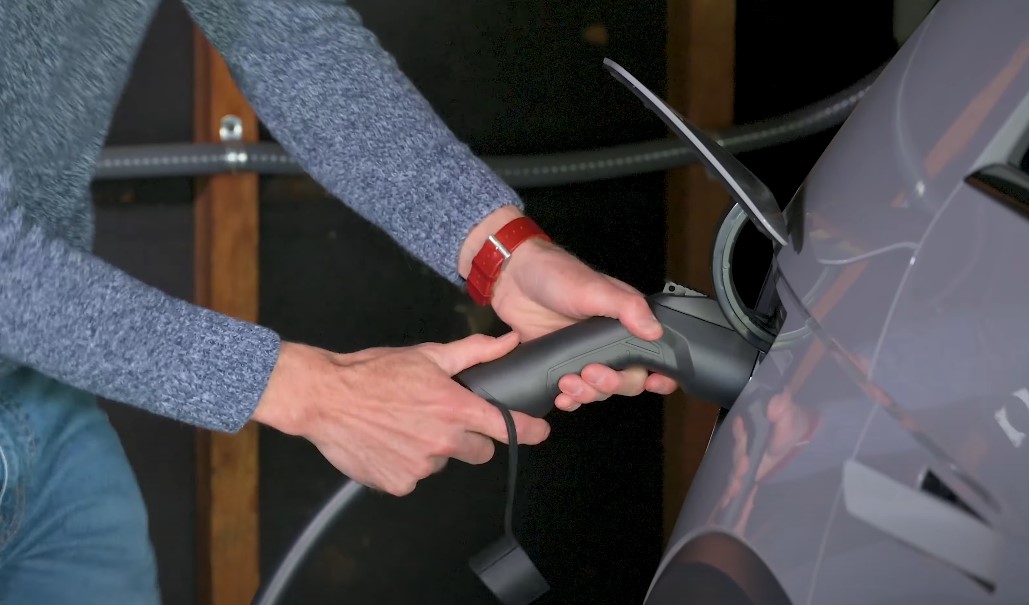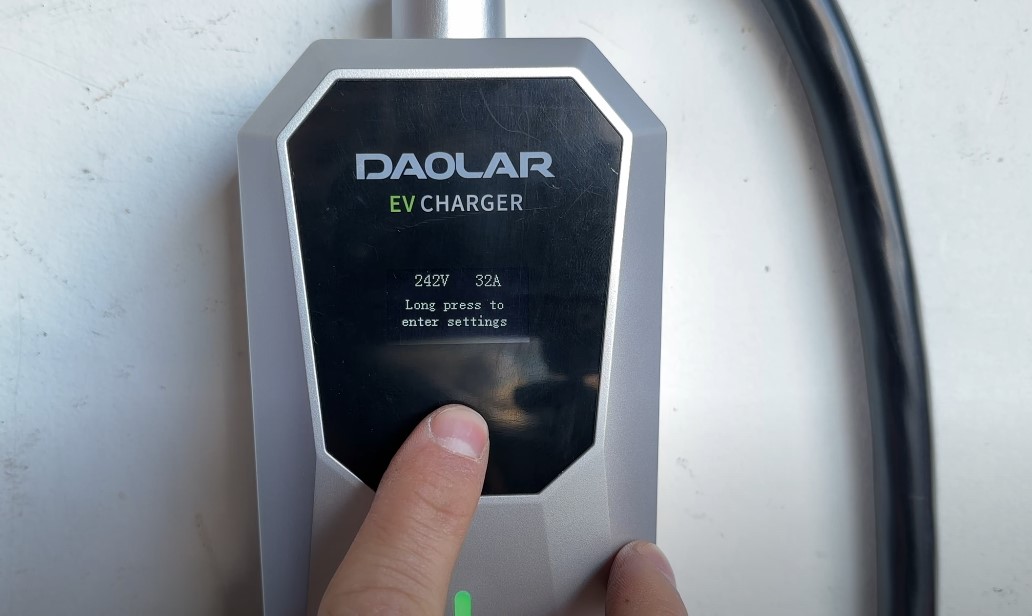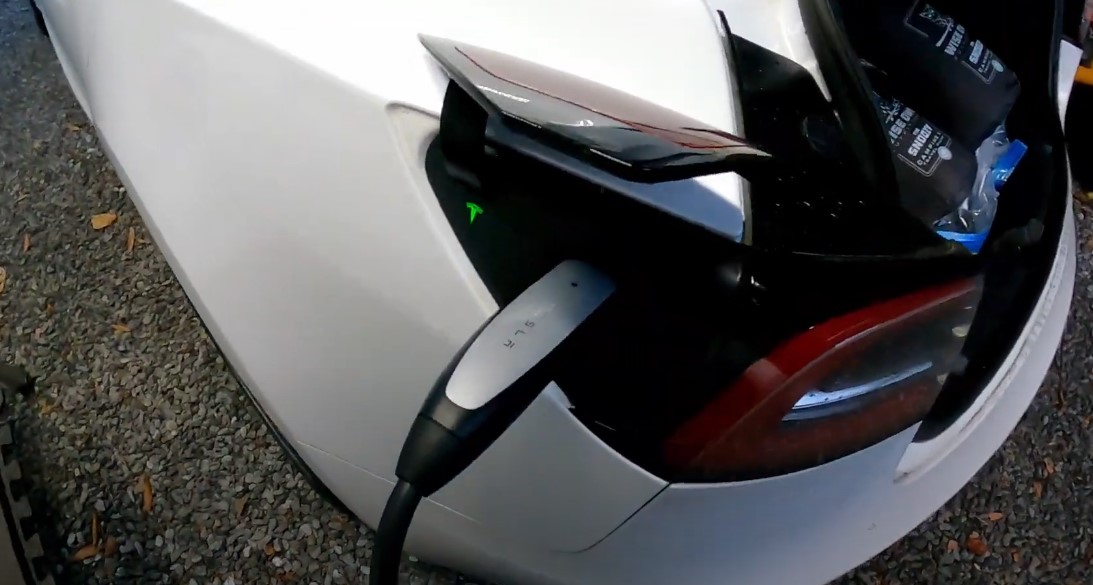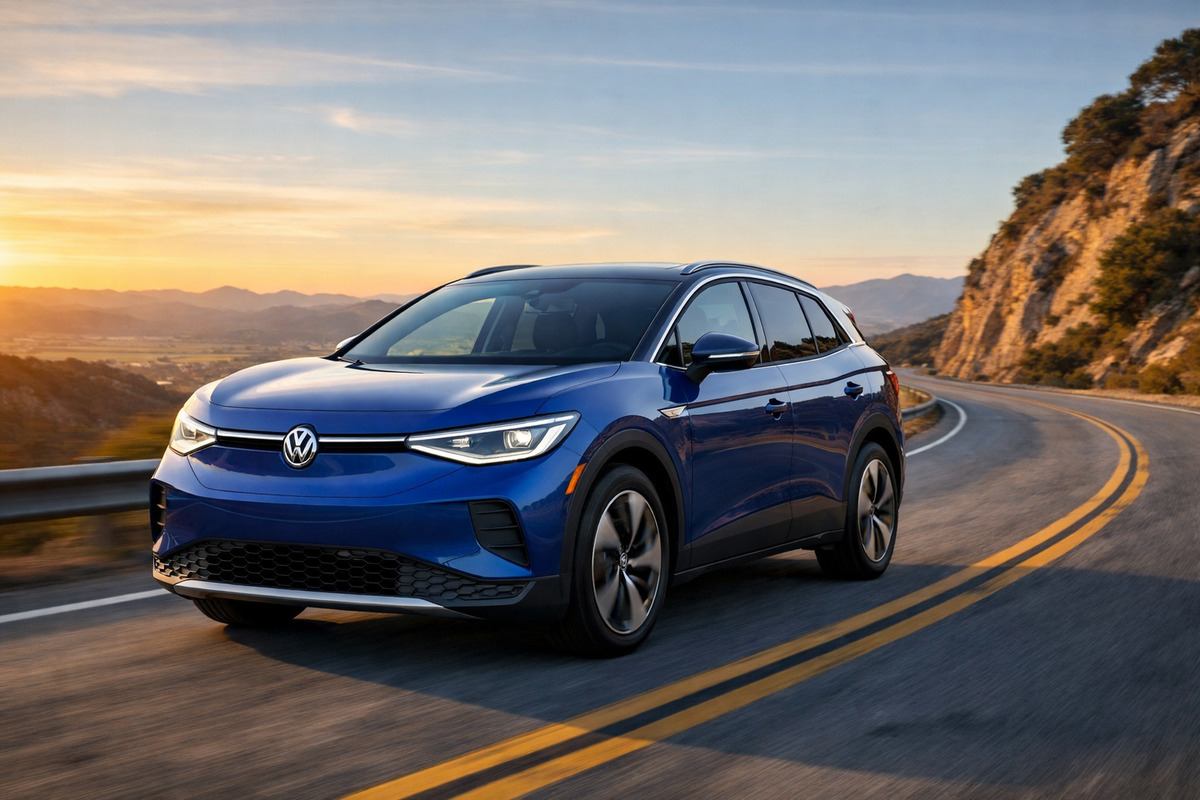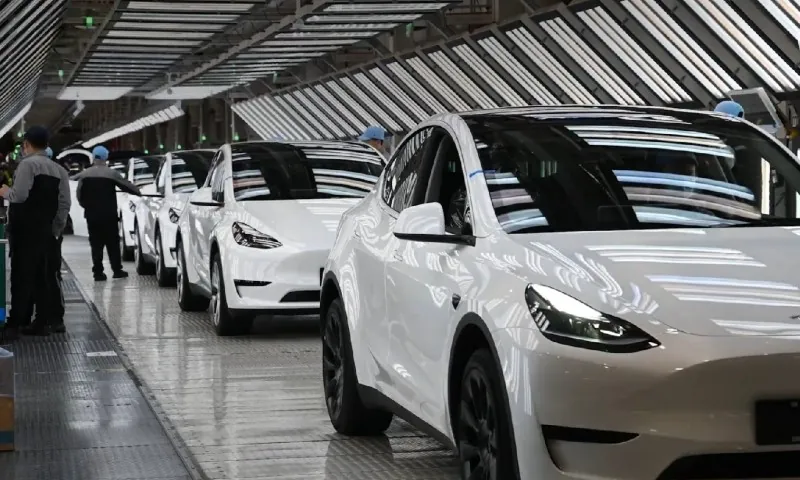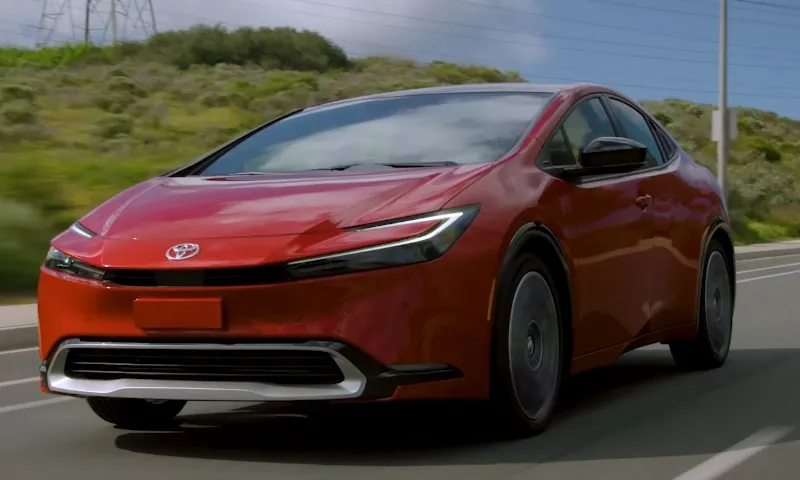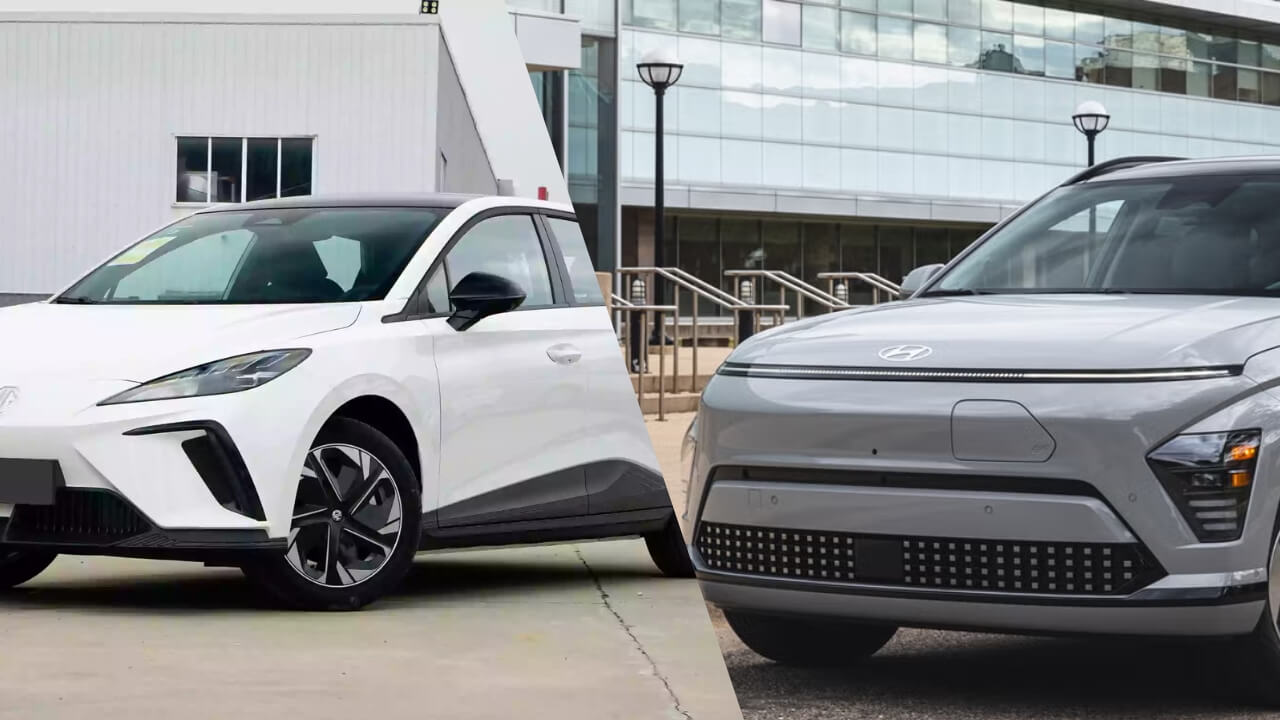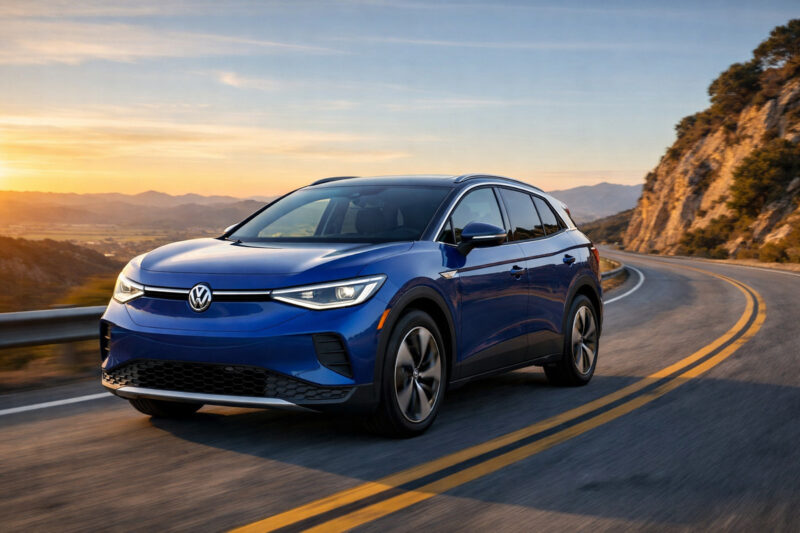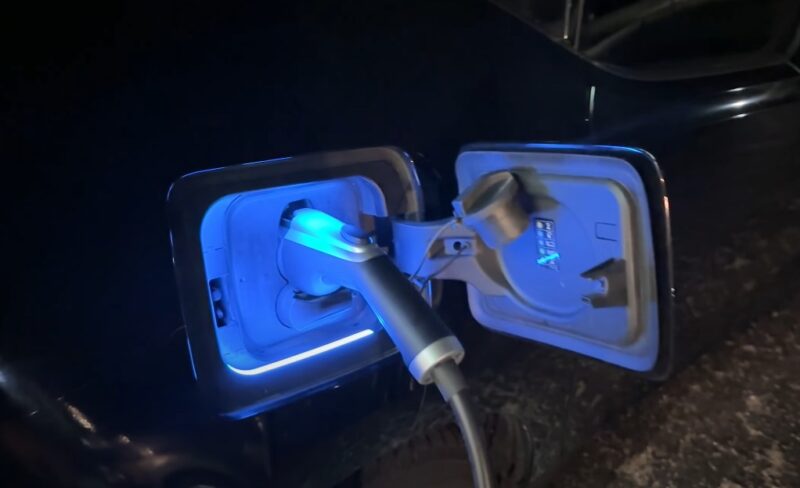
Share Post:
Electric vehicles (EVs) are becoming a popular choice for many drivers thanks to their eco-friendliness and efficiency. However, with this rise comes the need for effective home charging solutions.
Picking the right EV charger for your home can make a big difference in convenience and cost.
Let’s explore the benefits and drawbacks of 32 Amp, 40 Amp, and 50 Amp EV chargers and find out which one will suit your needs best.
Table of Contents
ToggleKey Highlights
- 32 Amp Chargers: Best for those looking for a cost-effective, easy-to-install option suitable for overnight charging.
- 40 Amp Chargers: Ideal for faster charging and future-proofing but may require significant electrical upgrades.
- 50 Amp Chargers: Offer the fastest home charging but come with the highest installation costs and electrical requirements.
Home EV Charging
First, it’s essential to grasp the basics of EV charging. Home chargers typically come in three levels: Level 1, Level 2, and Level 3.
Level 1 chargers are slow, while Level 3 chargers, also known as DC fast chargers, are powerful but impractical for home use. Level 2 chargers strike a balance, offering a good mix of charging speed and practicality.
32 Amp EV Chargers
32 Amp EV chargers are a popular choice for home use. CNET reports that they deliver 7.7 kW of power, which is sufficient for most residential needs. Here are the key points to consider:
- Charging Speed: As per PodPoint, a 32 Amp charger can fully charge a 60 kWh battery in about 8 hours. This makes it ideal for overnight charging, ensuring your car is ready to go each morning.
- Electrical Infrastructure: Most homes can accommodate a 32 Amp charger without needing significant electrical upgrades. They fit into existing systems more easily, using a 40 Amp circuit.
- Installation Costs: Autel Energy Blog states that installing a 32 Amp charger is usually less expensive and straightforward compared to higher amp chargers.
- Portability: These chargers are more portable and flexible, making them easier to move or install in various locations.
- Battery Health: Charging at 32 Amps is better for the health and efficiency of an EV’s lithium-ion battery, reducing the risk of overheating.
40 Amp EV Chargers
According to WattLogic, 40 Amp EV chargers provide a bit more power, at 9.6 kW, charging EVs faster than their 32 Amp counterparts.
- Charging Speed: A 40 Amp charger can charge a 60 kWh battery in about 6 hours, offering quicker turnaround times.
- Electrical Upgrades: Installing a 40 Amp charger often requires an upgrade to the home’s electrical system, specifically a 50 Amp circuit. This can be more costly and complex.
- Future Proofing: These chargers are better suited for future EV models that may demand higher charging speeds and larger battery capacities.
- Durability: Higher amperage chargers like the 40 Amp models may have more durable components, potentially extending their lifespan.
- Compatibility: Most modern EVs can handle 40 Amp charging, though it’s always wise to check your vehicle’s specifications to ensure compatibility.
50 Amp EV Chargers
50 Amp EV chargers are at the higher end of home charging options, providing up to 11.5 kW of power, as was reported by CNET.
- Charging Speed: These chargers can offer up to 45 miles of range per hour, taking about 6.75 hours to fully charge a vehicle with a 300-mile range.
- Electrical Requirements: A 50 Amp charger needs a 70 Amp circuit, which usually means significant electrical enhancements and higher installation costs.
- Home Circuit Load: Given that homes typically provide 100-200 amps, a 50 Amp charger uses a substantial portion of the available power, potentially affecting other devices.
- Vehicle Compatibility: Not all EVs can utilize the full capacity of a 50 Amp charger. Most plug-in hybrids and some smaller EVs may not benefit from the extra power.
Comparing Installation and Costs
When installing an EV charger, it’s not just about the device itself but also the infrastructure required to support it.
- 32 Amp Charger: Typically requires a 40 Amp circuit, fitting most home systems without needing major upgrades. Installation is simpler and cheaper.
- 40 Amp Charger: Needs a 50 Amp circuit, which might require upgrading your home’s electrical panel and wiring. This can add to the overall cost.
- 50 Amp Charger: Demands a 70 Amp circuit, making it the most complex and expensive option to install.
Consider Your EV and Driving Habits
Before deciding on a charger, think about your specific EV and driving habits.
- Daily Commute: If your daily commute is short, a 32 Amp charger should suffice, offering overnight charging.
- Long Distance: For longer commutes or frequent travel, the faster charging times of a 40 or 50 Amp charger might be more beneficial.
- Vehicle Type: Check your EV’s specifications. Some vehicles can’t handle more than a 32 Amp charge, while others can benefit from the faster charging of higher amp models.
Outdoor Installation and Flexibility
Both 32 Amp and 40 Amp chargers can be installed outdoors, provided they are designed for such use.
However, the flexibility of 32 Amp chargers often makes them a more versatile choice, especially if you need to move or re-install the charger in different locations.
Future-Proofing Your Charger
Future-proofing is a significant consideration. While a 32 Amp charger is adequate for most current EVs, a 40 Amp charger may be a better investment for the future.
As EV technology advances, newer models may have higher charging requirements.
Adjustable Amperage Chargers
For those looking for flexibility, adjustable amperage chargers are an excellent option. These chargers can range from 16A to 50A, allowing you to match your existing home electrical system while accommodating future needs.
Final Thoughts
Choosing the right EV charger involves balancing several factors: charging speed, installation cost, electrical infrastructure, and future needs.
Evaluate your driving habits, vehicle specifications, and home electrical capacity to make the best choice. With the right charger, you can enjoy the convenience of efficient home charging and be ready for the road ahead.
Related Posts:
- Buying a Car with a Rebuilt Title in 2025 - Pros,…
- Hatchback vs. Sedan - Pros, Cons, and Which One to…
- Is Synthetic Oil Really Worth It? Pros and Cons Compared
- Should You Really Buy a Car Online? Pros & Cons Explained
- What Are the Best Home Chargers for the Nissan LEAF in 2025?
- Trac Off Light - What It Means and How to Fix It


